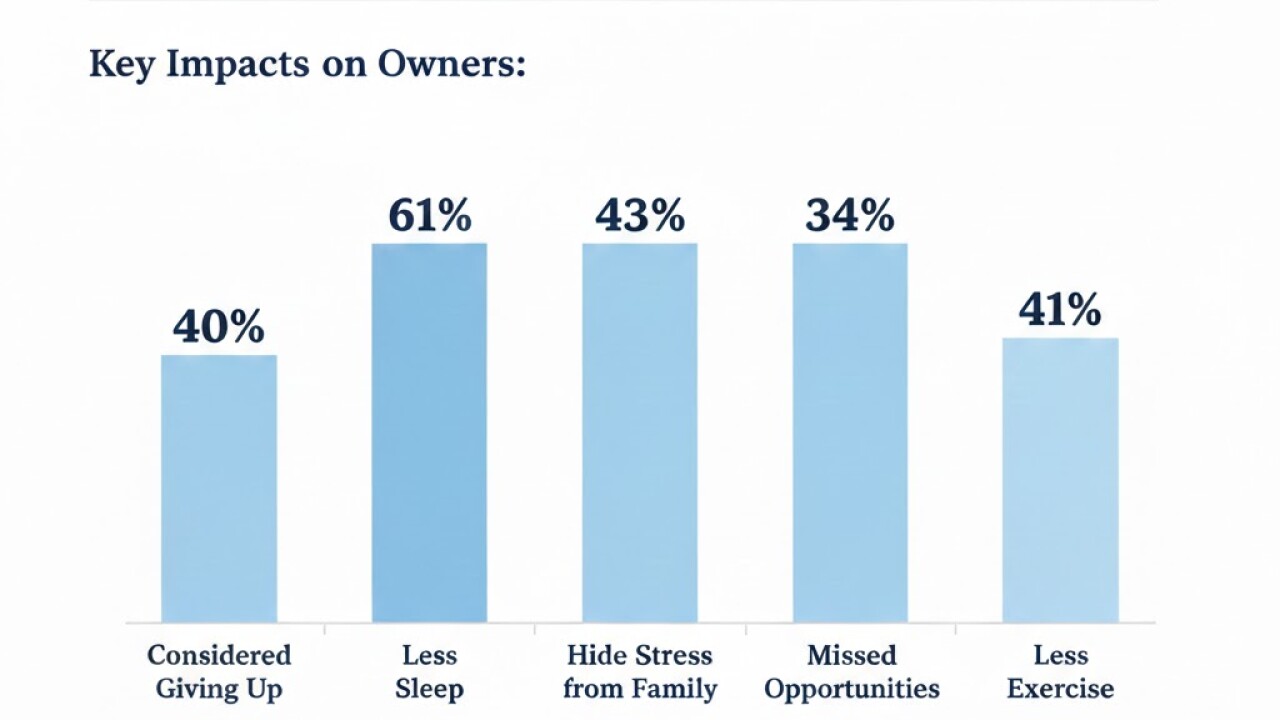The Congressional Research Service, which provides nonpartisan public policy research, has released its review of the presidential advisory panel on tax reform's two major proposals.
Generally, the panel's two proposals were to implement a simplified income tax and a direct consumption tax (called the growth and investment tax). Both proposals would eliminate itemized deductions while allowing all taxpayers to take a credit on mortgage interest deductions as well as deductions for charitable contributions and health insurance -- essentially substituting credits for personal exemptions and standard deductions.
The CRS found that while both proposals are presented to be revenue and distributionally neutral, the baseline the panel uses -- assuming the 2001 tax cuts will be permanent -- would result in tax changes that are actual revenue losers compared to the Congressional Budget Office's official baseline. Coupled with a few other technical and procedural details, the service said that the consumption tax proposal is likely to be significantly less progressive than current law.
As to the panel's goal of simplification, the service said that the plans would simplify tax filing for higher-income individuals and the self employed; however, lower-income taxpayers could, in some cases, have more complicated tax returns. The CRS said that both plans would likely increase efficiency in the allocation of capital, but the effects would be quite small.
Although the service said that there would be a substantial reduction in effective tax rates on new investment under the growth and investment tax, the CRS found that growth effects for the plan are uncertain and are unlikely to affect the broader budget.
Perhaps more importantly, the report voiced serious concerns about the transitional difficulties of implementing any new tax system.
"The main issue with the SIT would probably be in the loss of deductions for homeowners with large houses and mortgages," the report said. "These transition problems in the SIT are minor, however, in comparison with the significant problems in the GIT arising from the loss of depreciation deductions, interest deductions, and deductions for the recovery of inventory."
Previously on WebCPA:
Inside Views:





